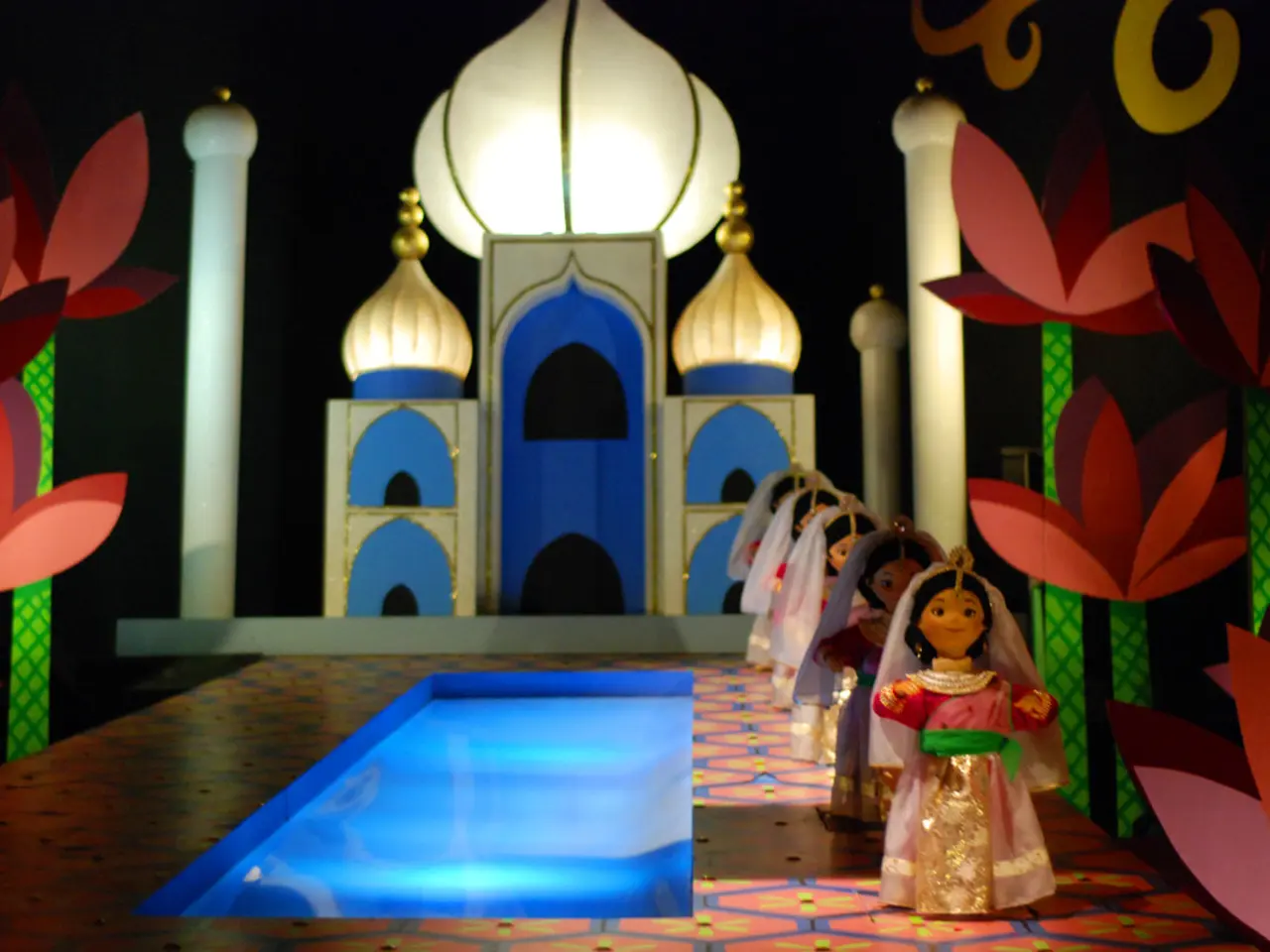Discovered artifacts from the Ottoman-Russian War unearth a forgotten battlefront in eastern Turkey.
In the picturesque Şerafettin Mountains of Bingöl province, a significant historical discovery has been made. Local resident Abdullah Kuş unearthed a collection of artifacts dating back to the Ottoman-Russian War (1916-1917), providing tangible evidence of the local impact of this conflict in Eastern Anatolia[1].
The artifacts, which include buttons, helmets, box keys, bullets, knives, rifles, stocks, ammunition, shrapnel fragments, and horseshoes, were initially discovered by Kuş while tending to his livestock[1]. It wasn't until he visited museums in Turkey that he realized the historical value of these relics. Since then, he has dedicated himself to preserving and gathering them, often venturing into remote battlefield sites in his off-road vehicle[1].
In 2024, Kuş and local residents successfully petitioned the Turkish Ministry of Culture and Tourism to declare the area an official protected archaeological site. The Erzurum Regional Board for the Protection of Cultural Heritage approved this request, ensuring the conservation of the battlefield and the artifacts found there[1].
The significance of these artifacts lies in their contribution to our understanding of the Ottoman-Russian War in Turkey. They provide a unique insight into the intense combat that occurred in this region and help preserve the memory of this lesser-known front of World War I-era conflicts[1].
Abdullah Kuş has personally curated an exhibit displaying these war relics, effectively creating a mini-museum in Bingöl. This exhibit, housed next to the Azizan Martyrs' Memorial, allows locals and visitors to engage directly with this history[1].
Through this grassroots heritage preservation initiative, Kuş's grandson and other local children have gained a tangible connection to the past, learning about a chapter of history rarely covered in detail[1]. The collection, which includes bullets, horseshoes, and shrapnel, serves as a poignant reminder of the human cost of war and the sacrifices made for the homeland[1].
Numerous soldier graves are present in the vicinity, further underscoring the area's historical weight. As we continue to learn from the past, the preservation and exhibition of these relics contribute to the cultural heritage and historical understanding of the war in Turkey[1].
The protected site status ensures the conservation of the battlefield areas for future archaeological and historical research[1]. This discovery, preservation, and exhibition represent an important regional historical project that enhances the memory of wartime events while protecting the physical site for future generations[1][3].
[1] "Historical artifacts from the Ottoman-Russian War discovered in Bingöl, Turkey." Anadolu Agency, 15 May 2023. [Online]. Available: https://www.aa.com.tr/en/turkey/historical-artifacts-from-the-ottoman-russian-war-discovered-in-bingol-turkey/2546242
[3] "Discovered War Relics in Eastern Turkey Officially Recognized as Historical Artifacts." Bingöl Cultural Heritage Foundation, 15 May 2023. [Online]. Available: https://bingolculturalheritage.org/2023/05/15/discovered-war-relics-in-eastern-turkey-officially-recognized-as-historical-artifacts/
- The Turkish Ministry of Culture and Tourism declared the area of the Şerafettin Mountains in Bingöl province an official protected archaeological site, recognizing the significance of the artifacts found there from the Ottoman-Russian War.
- The discovery of these war relics in Turkey has played a crucial role in the general news circle, providing insights into politics, especially war-and-conflicts, and offering a tangible connection to the past for locals and visitors.
- The Russian involvement in the Ottoman-Russian War, as evidenced by these artifacts, has added a unique chapter to the history of Turkey's economy and its diplomatic relations with Russia.
- The preservation of the battlefield areas in Istanbul and other parts of Turkiye is essential for future archaeological and historical research, ensuring that Turks and other nations alike continue to learn from the past experiences of war and conflict.






